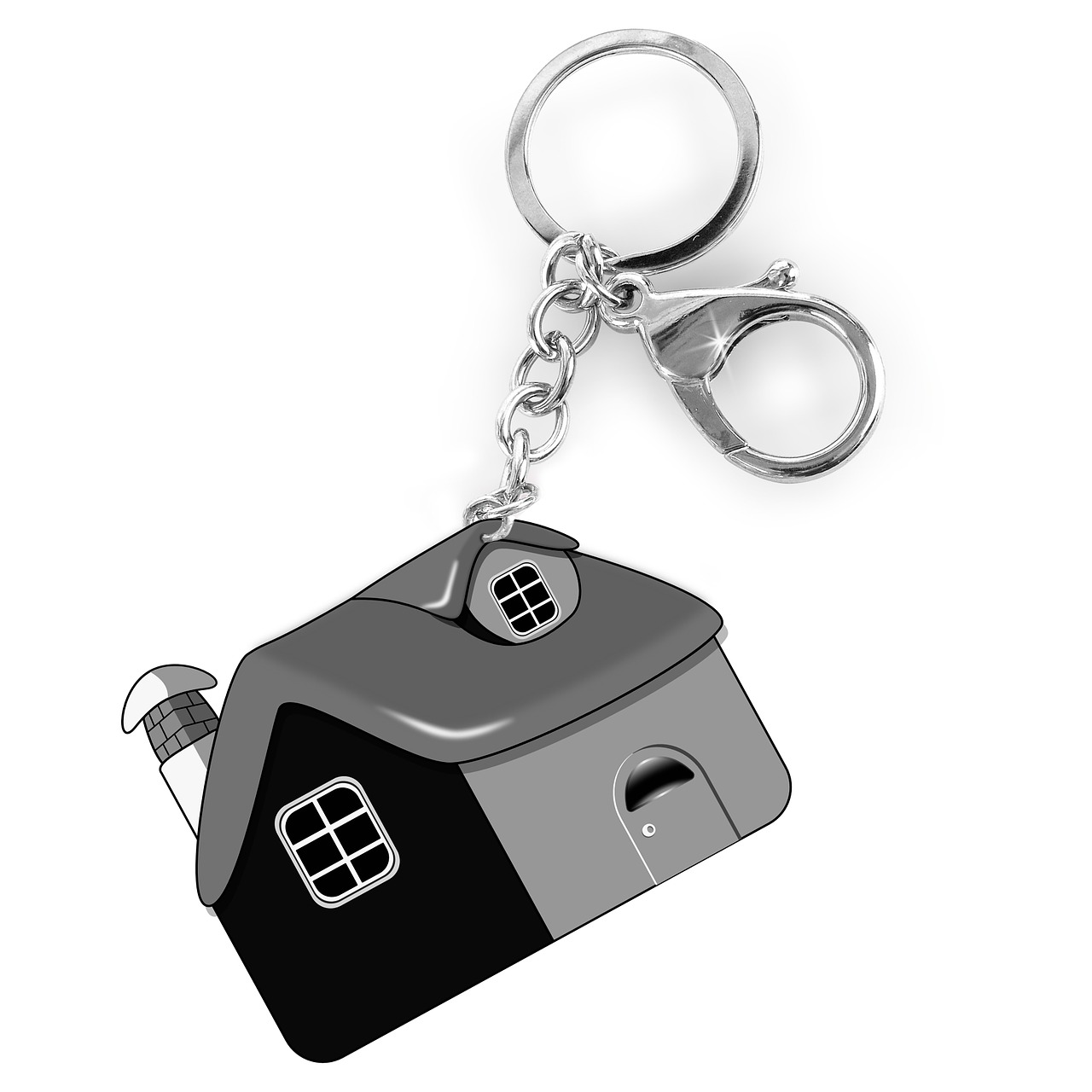Understanding Dietary Restrictions:What Does Just Cant Eat Mean in English?
Hello, dear readers! Today, we're going to dive into a topic that's close to our hearts and stomachs: dietary restrictions. You've probably heard the phrase "just can't eat" in English, but what does it mean, and how does it affect our daily lives? Let's explore this together with some clear explanations and relatable examples.
First, let's define what "just can't eat" means. In English, when someone says they "just can't eat" something, they're usually referring to a food item or a group of foods that they are unable or unwilling to consume. This could be due to various reasons such as allergies, religious beliefs, ethical considerations, or personal preferences.
Now, let's break down these reasons with some vivid examples to make it more interesting and practical.
1、Allergies: The Unseen Barrier
Imagine you're at a friend's barbecue, and the smell of grilled food fills the air. Your friend offers you a delicious-looking burger, but you have to politely decline because you're allergic to peanuts, and there's peanut sauce on the burger. In this case, you "just can't eat" that burger because of your allergy. It's not that you don't want to; it's that you physically can't without risking a severe allergic reaction.
2、Religious Beliefs: A Matter of Faith
Let's say you're invited to a dinner party, and the host serves a beautifully roasted pork dish. If you're a Muslim or Jewish, you "just can't eat" that pork because your religion prohibits it. It's not about taste or preference; it's a deeply held belief that guides your dietary choices.
3、Ethical Considerations: A Choice for the Greater Good
Imagine you're at a restaurant, and the menu has a wide variety of dishes, including one with shark fin soup. If you're an environmentalist, you might "just can't eat" that dish because you're aware of the devastating impact of shark finning on marine ecosystems. Your decision is based on ethical grounds, aiming to protect the environment and promote sustainability.
4、Personal Preferences: Taste Buds and Beyond
Now, let's consider a scenario where you're at a family gathering, and there's a big bowl of Brussels sprouts on the table. You might say, "I just can't eat those," because you've always found them unpalatable. It's a personal preference that's not based on any external factors but simply your taste buds' reaction to the food.
Understanding these reasons can help us be more empathetic and accommodating when we're planning meals or attending social events. Here are some practical insights and suggestions to keep in mind:
Ask and Inform: When planning a meal, ask your guests about their dietary restrictions. It's a simple step that can make a big difference in ensuring everyone can enjoy the meal.
Offer Alternatives: If you know someone has a specific restriction, try to provide an alternative dish that they can enjoy. This shows consideration and thoughtfulness.
Be Flexible: If you're the one with the dietary restriction, be open to finding foods that you can eat and enjoy. There's usually a way to adapt a recipe or find a dish that suits your needs.
Educate and Share: If you have a dietary restriction, don't be shy about explaining why you "just can't eat" certain foods. It's an opportunity to educate others and maybe even inspire them to try new foods or consider their own dietary choices.
In conclusion, the phrase "just can't eat" in English is more than just a statement; it's a reflection of our individual health, beliefs, and values. By understanding and respecting these differences, we can create a more inclusive and enjoyable dining experience for everyone. So, the next time you hear someone say they "just can't eat" something, remember that there's usually a good reason behind it, and it's an opportunity to learn and grow together.
I hope this article has given you a deeper understanding of the phrase "just can't eat" and how it applies to our daily lives. If you have any thoughts or experiences to share, feel free to comment below. Let's continue the conversation and make our dining experiences more enjoyable and inclusive for all!
版权声明
本文仅代表作者观点,不代表百度立场。
本文系作者授权百度百家发表,未经许可,不得转载。











